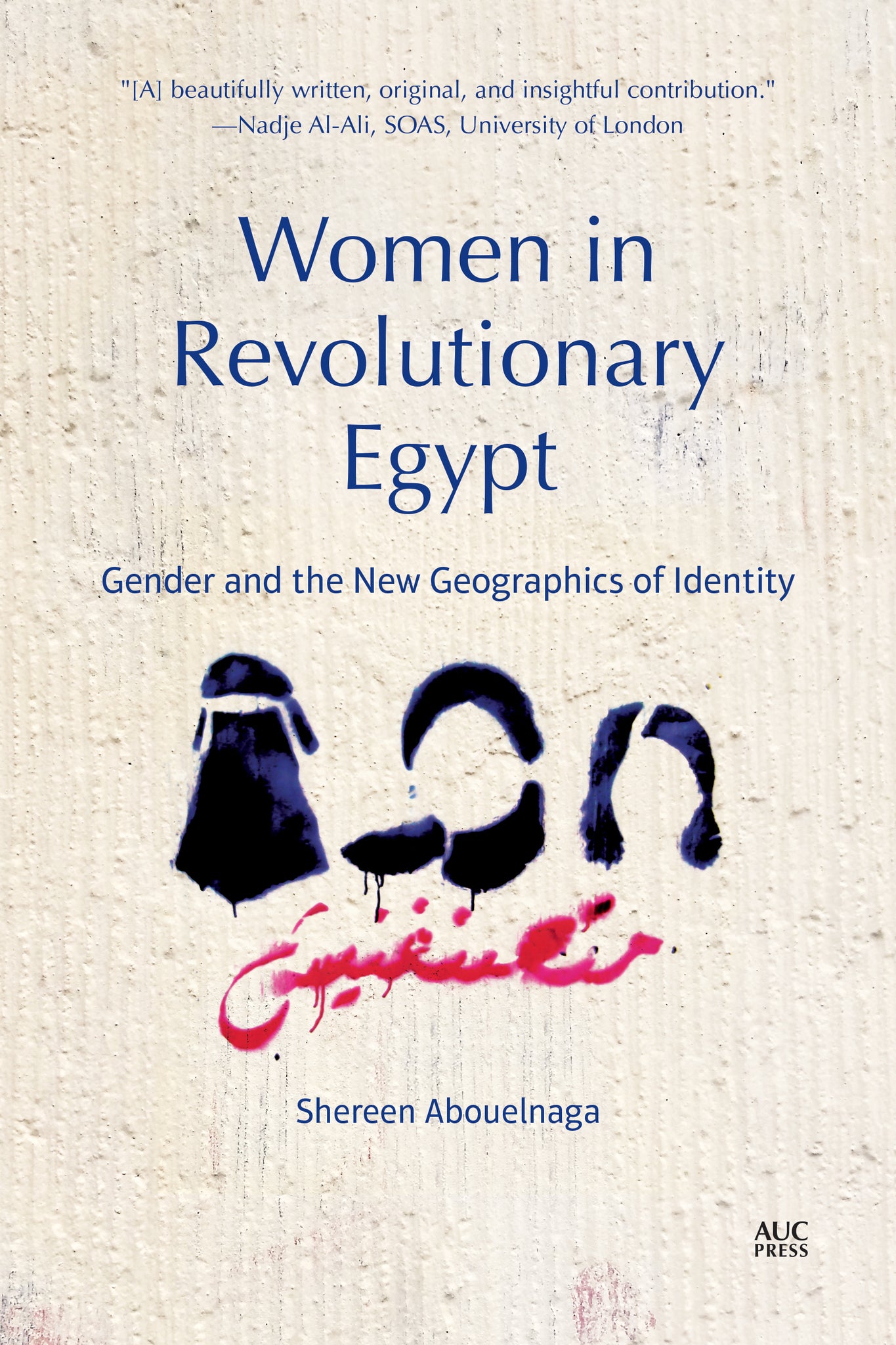We're sorry. An error has occurred
Please cancel or retry.
Women in Revolutionary Egypt

Some error occured while loading the Quick View. Please close the Quick View and try reloading the page.
Couldn't load pickup availability
- Format:
-
01 October 2019

The 25 January 2011 uprising and the unprecedented dissent and discord to which it gave rise shattered the notion of homogeneity that had characterized state representations of Egypt and Egyptians since 1952. It allowed for the eruption of identities along multiple lines, including class, ideology, culture, and religion, long suppressed by state control. Concomitantly a profusion of women’s voices arose to further challenge the state-managed feminism that had sought to define and carefully circumscribe women’s social and civic roles in Egypt.
Women in Revolutionary Egypt takes the uprising as the point of departure for an exploration of how gender in post-Mubarak Egypt came to be rethought, reimagined, and contested. It examines key areas of tension between national and gender identities, including gender empowerment through art and literature, particularly graffiti and poetry, the disciplining of the body, and the politics of history and memory.
Shereen Abouelnaga argues that this new cartography of women’s struggle has to be read in a context that takes into consideration the micropolitics of everyday life as well as the larger processes that work to separate the personal from the political. She shows how a new generation of women is resisting, both discursively and visually, the notion of a fixed or ‘authentic’ notion of Egyptian womanhood in spite of prevailing social structures and in face of all gendered politics of imagined nation.


Preface ix
Introduction: Whose Spring? 1
1. Is There Gender in This Revolution? 13
The Road to 2011 13
State Feminism: What Is It Good For? 16
The Marriage of Nationalism and Gender 19
Women’s Agency 24
The New Geographics of Identity 26
Beyond Gender 31
2. Gender and the New Text 35
New Generation and New World 36
The New Transversal Text 39
The Visual 42
The Eye of the Beholder 48
The Iconic 53
The New National 55
3. The New Subversive Poetic Voices 59
Sara Allam: Kisses and Loneliness 63
Marwa Abu Daif: Mother and Military 68
viii Contents
Sabrin Mahran: Breaking the Law 73
Sara Abdeen: On the Edge 78
“Without Huge Losses” 81
4. Multiple Patriarchies and One Body 85
A Utopian and Modern Moment 87
Fragile Bodies 91
It Is All about the Body 93
Islamic Bodies 95
Why Do They Hate Us? 98
5. The Politics of Memory 107
The Rise of Memory 108
Trauma of the 25 January Revolution 114
Documentations of Memory in Social Media 116
Gendered Memory after the Eighteen Days 117
Shattering the Silence of the Body 124
Historical Memory 128
Then What? 131
Notes 133



